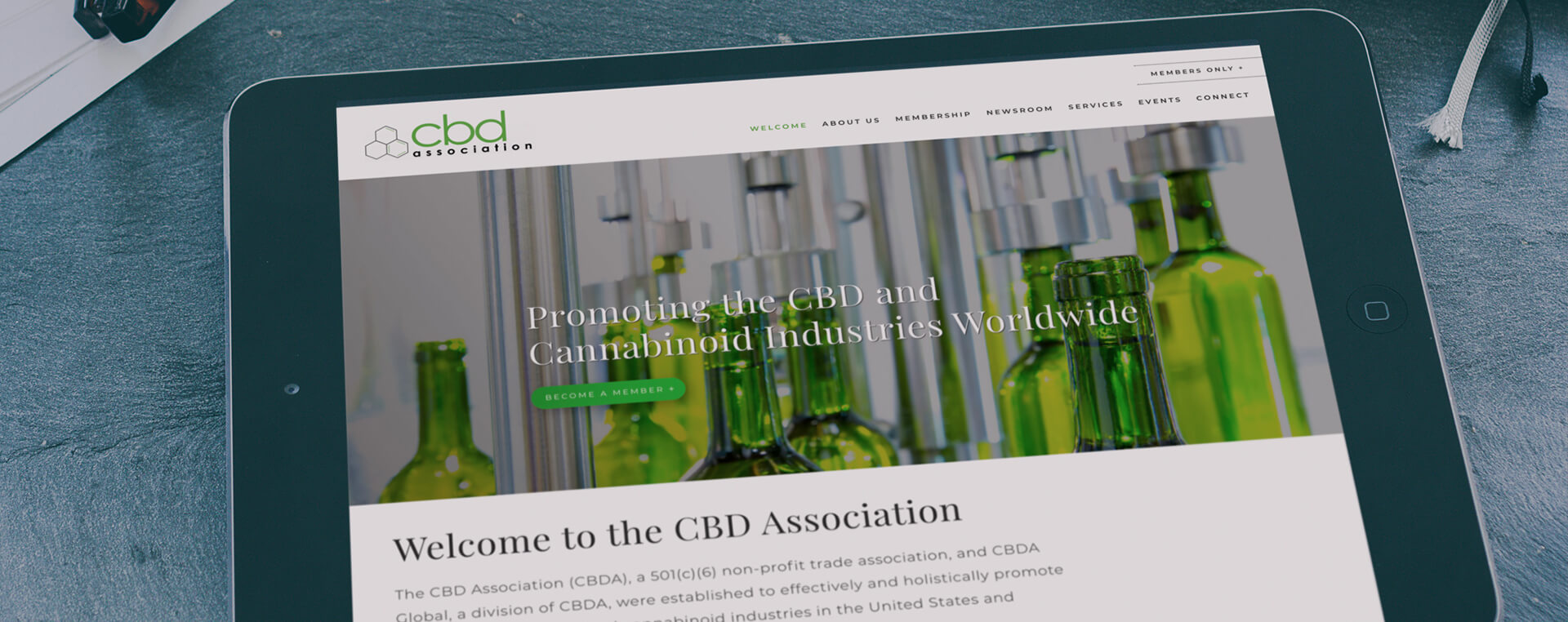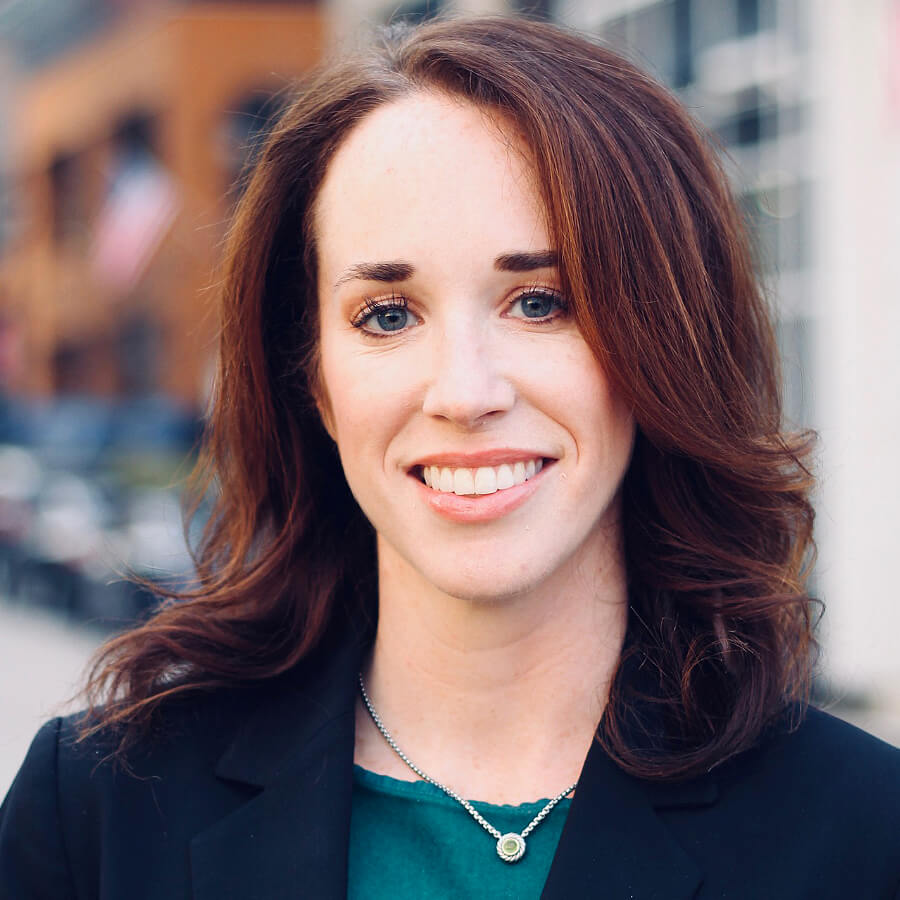The CBD Association is working hard for you both in the U.S. and internationally. Here are some recent developments:
Regardless of FDA Prohibition on the Addition of CBD to Food and Beverage, Circle K and other Large Retailers Move Forward with CBD Drink Maker to Distribute Nationally
Shankman & Associates announced it has signed a deal with CENTR Brands Corp. to carry a CBD beverage. Shankman sells consumer brands to major grocery, convenience, drugstores, and distributors across the U.S. Midwest. Shankman represents national manufacturers and some of the largest retailers, including Kroger, Meijer, Speedway, and Circle K.
Based in Vancouver, CENTR Brands Corp. is a beverage company that develops and markets non-alcoholic beverages for the global market. The Company’s first product, named CENTR, is a sparkling, low-calorie, CBD beverage.
Backed by Pepsi, New Jersey-based Company Distributes Hemp-Infused Beverage Across New York in Stores and Restaurants
As of August 18th, Kaló, a hemp-infused seltzer is sold in stores and restaurants throughout the New York City Metropolitan Area. This opportunity borne out of an agreement with Pepsi-Cola Bottling Co. of New York Inc. (PCNY), Kaló is now available for purchase in major grocery stores, bodegas, natural food markets and more in all five boroughs of NYC, along with Long Island and Westchester. This makes Kaló the first functional hemp beverage to launch in the PCNY distribution system.
Kaló is created and designed by Hillview and Malka Media, the company is headquartered in New Jersey and its hemp is grown throughout New Jersey. Hillview claims that “by investing heavily in science and technology, Hillview is leading the hemp and legal cannabis industries in the next generation of cannabis and hemp-derived products. Promising transparency and accountability to its consumers, each and every one of its cannabis and hemp-derived products are independently third-party lab tested and fully traceable.”
While this venture could signal the beginning of big-beverages entry into the hemp/CBD infused industry, the likelihood of success is extremely unclear. The New York legislature gears up to pass sweeping legislation regarding the addition of CBD to products for human consumption, including but not limited to, the requirement that all CBD be extracted from hemp grown in New York. If this legislation passes, Kaló, a New Jersey-based production will cease to be legal. How will Pepsi respond?
Mexico to Vote on Legalization of Hemp – President Steps Out of the Way
Currently, a proposal is making its way through Mexico’s Congress to legalize hemp and allow adults to personally possess a certain amount of plants/flowers. Mexico’s President Andrés Manuel López Obrador says he will not intervene with the Congress’ deliberations over the bill next month.
Maine to Begin Recreational Marijuana Sales in October – Four Years After Legalization
Four years ago, Maine legalized the recreational use and sale of marijuana. Beginning October 9, 2020, consumers will finally be able to access recreational marijuana in the public market. Consumers won’t know where they will be able to buy legal adult-use cannabis until Sept. 8. At that time, the Maine Office of Marijuana Policy will announce its first round of fully licensed testing labs, cultivation facilities, manufacturing plants, and retail stores. In only a month, license holders will have to harvest, test, and package their products for sale on opening day.
Maine has issued 194 conditional state testing, cultivation, manufacturing, and retail business licenses to date. Of those, 33 have obtained the local authorizations required to move forward to the state’s third and final licensing phase, in which regulators will confirm that the safety and operational plans outlined in each application comply with all state marijuana laws and rules. With such a short runway from issuance to opening day, it will be interesting to see who can get a product on the shelf on October 9th. [Read more at Portland Press Herald].
For more information regarding licensing in the state of Maine, contact CBDA to access our Members-only 50 state compendium that details the laws and regulations regarding cannabis cultivation and licensing for every state.
European CBD Market Picks Up as Regulators Threaten Viability of Industry with Categorization of CBD as a Narcotic
According to CB Insights, in 2019, CBD startups in Europe saw a record level of investment—34 innovative companies received a total of $128.5 million. Annualized activity suggests funding could continue to rise this year, approaching $150 million.
The current U.K. market size is estimated at $390 million per year and is expected to be just short of $1.3 billion in 2025. This would be equivalent to the entire U.K. herbal supplement market in 2016.
However, a big hit to the hemp and CBD market looms. Last month, the European Commission suspended the progression of the Novel Food applications regarding CBD products and is debating whether to classify non-synthetic CBD as a narcotic. Such a move would cripple the CBD industry in Europe, making the above-mentioned market projections impossible.
Denver-based CBD Business Prevented from Obtaining Federally Funded PPE
Meadowlark 64, a Denver-based headshop, is being shut out of a federally funded coronavirus program that distributes masks and hand sanitizer simply because it sells CBD products. According to Marijuana Moment, the owner of Meadowlark 64 said he applied for the city’s personal protective equipment (PPE) program to obtain free resources, also including disinfectant, face shields, and thermometers. But he was denied, with Denver officials citing federal policy as the reason he was rejected.
The intersection of federal and state law regarding cannabis is an on-going problem for anyone in the cannabis industry and anybody associated with the cannabis industry.
The federal Small Business Administration (SBA) specifically prohibits cannabis companies from obtaining Paycheck Protection Program (PPP) loans—the same policy also bars those that work with marijuana businesses indirectly from getting the aid.
Maine’s education department announced in May that it is no longer eligible for certain federal funds to support mental health programs in schools because the state allows students to access medical marijuana.
Veterans receiving federal VA benefits can use marijuana, but a prescription written by an authorized distributor in a state where medical marijuana is legal will not be covered by a veterans VA health insurance policy.


